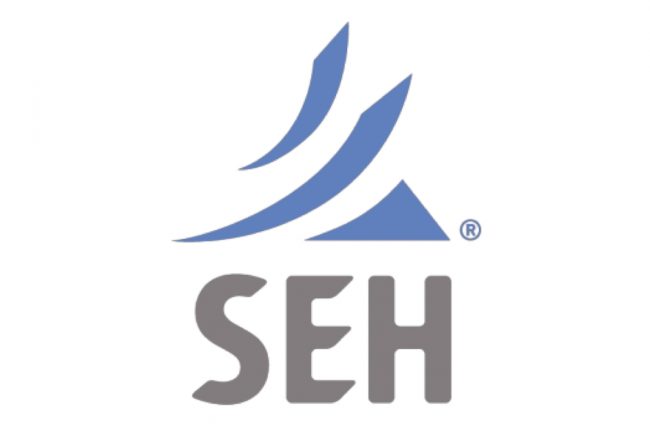Palisades Mitigation Bank
Location
Aitkin County, MN
Resource
Wetland
Solution
Mitigation Bank
Status
Approved
PALISADES MITIGATION BANK is the site of EIP’s restoration of more than 1,200 acres of formerly cultivated rice paddies and agricultural fields into a variety of native wetland types. By removing dikes and filling ditches, EIP was able to successfully restore the property’s natural wetland hydrology. This wetland, along with an additional 475 acres restored by EIP at the nearby Deer River Mitigation Bank, now provides critical habitat for a myriad of rare wildlife species, including the trumpeter swan and gray wolf, while improving water quality of the upper Mississippi River in Minnesota.
—
Credits from Palisades Mitigation Bank are approved by the U.S. Army Corps of Engineers to fulfill mitigation requirements of Section 404 Clean Water Act permits and Minnesota’s Wetland Conservation Act wetland replacement requirements.
CREDITS
Wetland Compensatory wetland mitigation USFWS Circular 39 and Cowardin types
– (Type 2) Fresh (wet) meadow
– (Type 3) Shallow Marsh
SERVICE AREA
Bank Service Area (BSA) 5, including major Minnesota watersheds
– Mississippi River – Headwaters (7)
– Leech Lake River (8)
– Mississippi River – Grand Rapids (9)
– Mississippi River – Brainerd (10)
– Pine River (11)
– Crow Wing River (12)
– Redeye River (13)
– Long Prairie River (14)

Our Partners
Short Elliott Hendrickson is a nimble local consultant with deep expertise in northern Minnesota’s ecology, hydrology, and regulatory landscape. The SEH team came equipped with a variety of talents to help EIP model, plan, and execute a 24,000-acre bog restoration. In particular, their hydrologic modeling capabilities helped us pioneer a new restoration approach, and enabled us to demonstrate that plugging tens of miles of drainage ditches would restore native peat bog hydrology.
